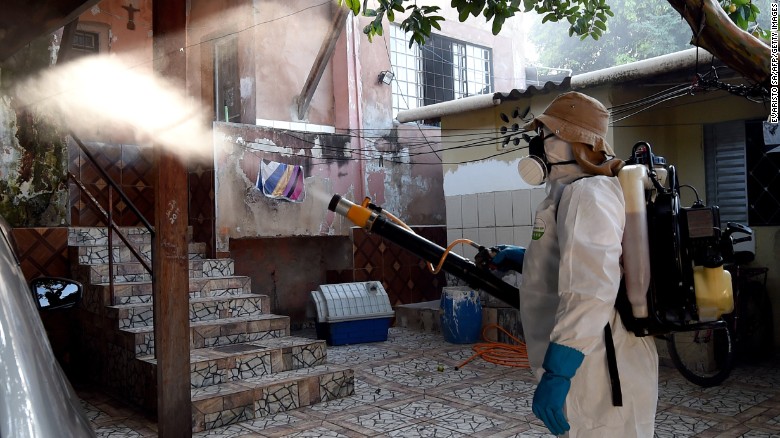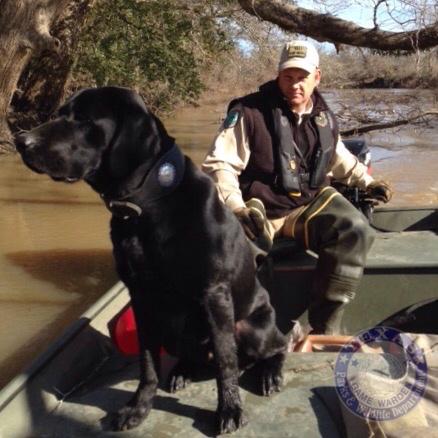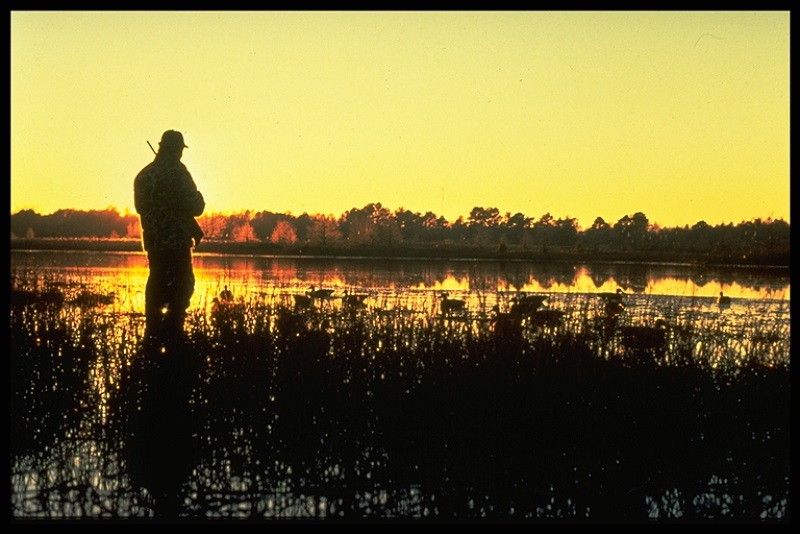Zika Virus and the 2016 Olympics
Tuesday, June 28th, 2016
A health worker fumigates an area in Gama, Brazil, to combat the Aedes aegypti. Image courtesy www.cnn.com
This is Passport to Texas
The Summer Olympic Games set for this August are causing some concern, as host country, Brazil, is the epicenter of a Zika virus epidemic.
We don’t really know when it came to Brazil. I think it was first identified in May 2015; it may have even started earlier than that.
The Aedes aegypti mosquito spreads Zika, which has been linked to birth defects in newborns when expectant mothers are infected. Austin-based entomologist, Mike Quinn, says reported cases of the virus in Texas are travel related only. And, if you plan to travel to Brazil for the Olympic Games—what precautions should you take?
The same precautions you would take here in Texas: wearing long sleeves, long pants, applying some mosquito repellent. But, if you’re pregnant, you mighty talk to your physician. And…ah…you know…they show most of it on TV, so there is that. So, assess your own risk and take precautions.
Using products containing DEET may prevent mosquitoes from landing on you for up to five hours.
But just wearing long sleeve shirts and long pants—you can just put a little mosquito repellent on the back of your hands, and the back of your neck so you can have a few exposed areas. So, you don’t have to put it all over your arms and legs and everything.
Citronella and Eucalyptus oils are also said to deter biting insects. Safe travels.
That’s our show for today… Funding provided in part by Ram Trucks. Guts. Glory. Ram
For Texas Parks and Wildlife…I’m Cecilia Nasti.





 Passport to Texas is a
Passport to Texas is a  Passport to Texas is made available by:
Passport to Texas is made available by: